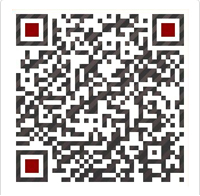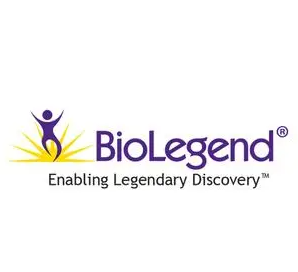Product Details
- Verified Reactivity
- Human
- Antibody Type
- Monoclonal
- Host Species
- Mouse
- Formulation
- Phosphate-buffered solution, pH 7.2, containing 0.09% sodium azide and BSA (origin USA)
- Preparation
- The antibody was purified by affinity chromatography, and conjugated with FITC under optimal conditions.
- Concentration
- Lot-specific (to obtain lot-specific concentration, please enter the lot number in our Concentration and Expiration Lookup or Certificate of Analysis online tools.)
- Storage & Handling
- The antibody solution should be stored undiluted between 2°C and 8°C, and protected from prolonged exposure to light. Do not freeze.
- Application
-
FC - Quality tested
- Recommended Usage
Each lot of this antibody is quality control tested by immunofluorescent staining with flow cytometric analysis. For flow cytometric staining, the suggested use of this reagent is 5 ?l per million cells in 100 ?l staining volume or 5 ?l per 100 ?l of whole blood.
- Excitation Laser
- Blue Laser (488 nm)
- Application Notes
The OKT3 monoclonal antibody reacts with an epitope on the epsilon-subunit within the human CD3 complex.
Clone OKT3 can block the binding of clones SK7 and UCHT1.4 The OKT3 antibody is able to induce T cell activation. Additional reported applications (for the relevant formats) include: immunohistochemical staining of acetone-fixed frozen sections and activation of T cells. The LEAF? purified antibody (Endotoxin <0.1 EU/?g, Azide-Free, 0.2 ?m filtered) is recommended for functional assays (Cat. No. 317304). For highly sensitive assays, we recommend Ultra-LEAF? purified antibody (Cat. No. 317326) with a lower endotoxin limit than standard LEAF? purified antibodies (Endotoxin <0.01 EU/?g).- Application References
(PubMed link indicates BioLegend citation) -
- Schlossman S, et al. Eds. 1995. Leucocyte Typing V. Oxford University Press. New York.
- Knapp W. 1989. Leucocyte Typing IV. Oxford University Press New York.
- Barclay N, et al. 1997. The Leucocyte Antigen Facts Book. Academic Press Inc. San Diego.
- Li B, et al. 2005. Immunology 116:487.
- Jeong HY, et al. 2008. J. Leuckocyte Biol. 83:755. PubMed
- Alter G, et al. 2008. J. Virol. 82:9668. PubMed
- Manevich-Mendelson E, et al. 2009. Blood 114:2344. PubMed
- Pinto JP, et al. 2010. Immunology. 130:217. PubMed
- Biggs MJ, et al. 2011. J. R. Soc. Interface. 8:1462. PubMed
- Product Citations
-
- RRID
- AB_571906 (BioLegend Cat. No. 317305) AB_571907 (BioLegend Cat. No. 317306)
Antigen Details
- Structure
- Ig superfamily, the subunits CD3γ, CD3δ, CD3ζ (CD247) and TCR (α/β or γ/δ) form the CD3/TCR complex, 20 kD
- Distribution
-
Mature T and NK T cells, thymocyte differentiation
- Function
- Antigen recognition, signal transduction, T cell activation
- Ligand/Receptor
- Peptide antigen bound to MHC
- Cell Type
- NKT cells, T cells, Thymocytes, Tregs
- Biology Area
- Immunology
- Molecular Family
- CD Molecules
- Antigen References
-
- Barclay N, et al. 1993. The Leucocyte FactsBook. Academic Press. San Diego.
- Beverly P, et al. 1981. Eur. J. Immunol. 11:329.
- Lanier L, et al. 1986. J. Immunol. 137:2501.
- Gene ID
- 916 View all products for this Gene ID
- UniProt
- View information about CD3 on UniProt.org








